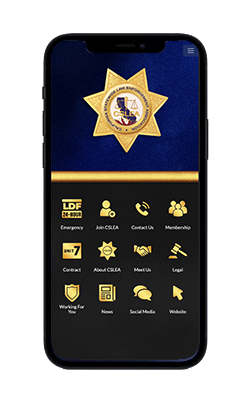“Unfortunately, insurance fraud is a huge problem in this state and country, as those of a criminal mind put their greed before anything else, including the physical health of others. Kudos to the investigators who worked this case and saw it through to sentencing and restitution.” – CSLEA President Alan Barcelona
LOS ANGELES – On October 4, 2021, an Orange County pharmacist, Thu Van Le, 42, a.k.a. “Tony Le,” of Placentia, was sentenced to 70 months in federal prison for submitting more than $13 million in claims for medically unnecessary compounded medication prescriptions.
In addition to the prison term, Le was ordered to pay $10,982,759 in restitution to Tricare, the U.S. military’s managed health care plan, and $768,488 in restitution to Amplan, Amtrak’s employee health care benefit plan.
Le, a pharmacist who owned TC Medical Pharmacy in Corona, pleaded guilty on July 12 to one count of health care fraud.
From March 2015 to December 2016, Le’s pharmacy submitted more than $13 million in total claims to Tricare and AmPlan, against which Tricare paid $10,982,759 and AmPlan paid $768,488. Le, in turn, paid so-called “marketers” kickbacks of up to 50 percent of the Tricare reimbursements.
The marketers used personal and insurance information to generate fraudulent prescriptions for compounded medications, according to court documents. Marketers who participated in the scheme solicited beneficiaries of the health plans through misleading cold calls that promised free compounded medications. In some cases, beneficiaries were not contacted at all and simply received expensive medications that they did not order.
Compounded drugs are tailor-made products doctors may prescribe when the Food and Drug Administration-approved alternative does not meet the health needs of a patient.
Le agreed to be bound by Tricare and AmPlan rules for reimbursement of claims for their beneficiaries. Tricare and AmPlan required that medications be medically necessary, that beneficiaries be examined by physicians, and that Le’s pharmacy collect co-payments. The prescriptions were supposed to be for unique patient needs, but they instead were formulated to maximize reimbursements and were prepared on an assembly-line basis.
The Defense Criminal Investigative Service, the FBI, IRS Criminal Investigation, Amtrak’s Office of Inspector General, the Office of Personnel Management’s Office of Inspector General, the United States Department of Labor – Employee Benefits Security Administration, the Department of Health and Human Services, and the California Department of Insurance investigated this matter.



